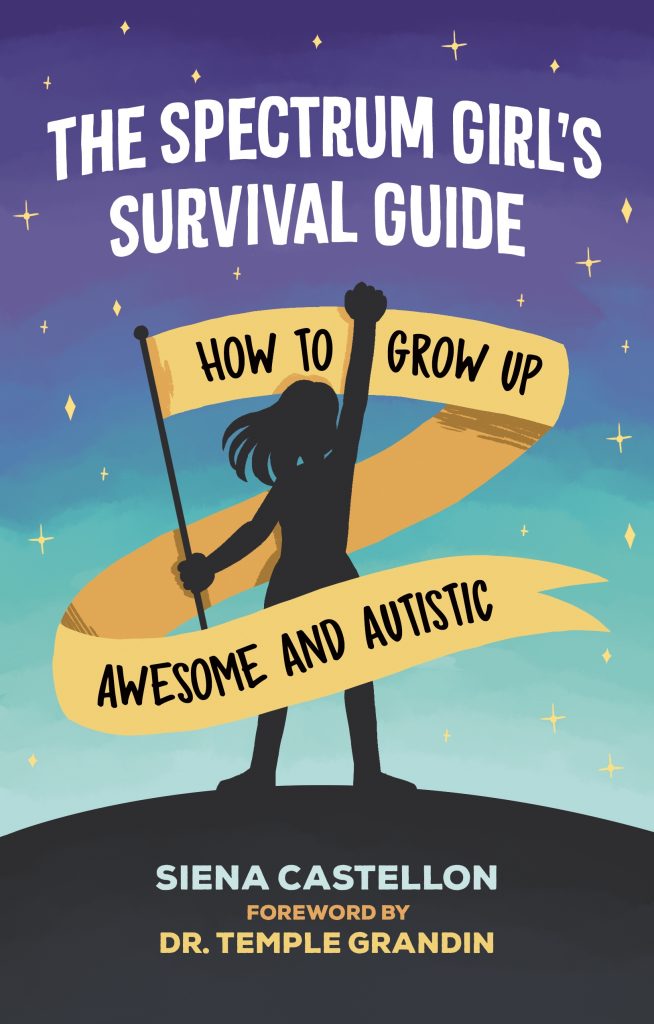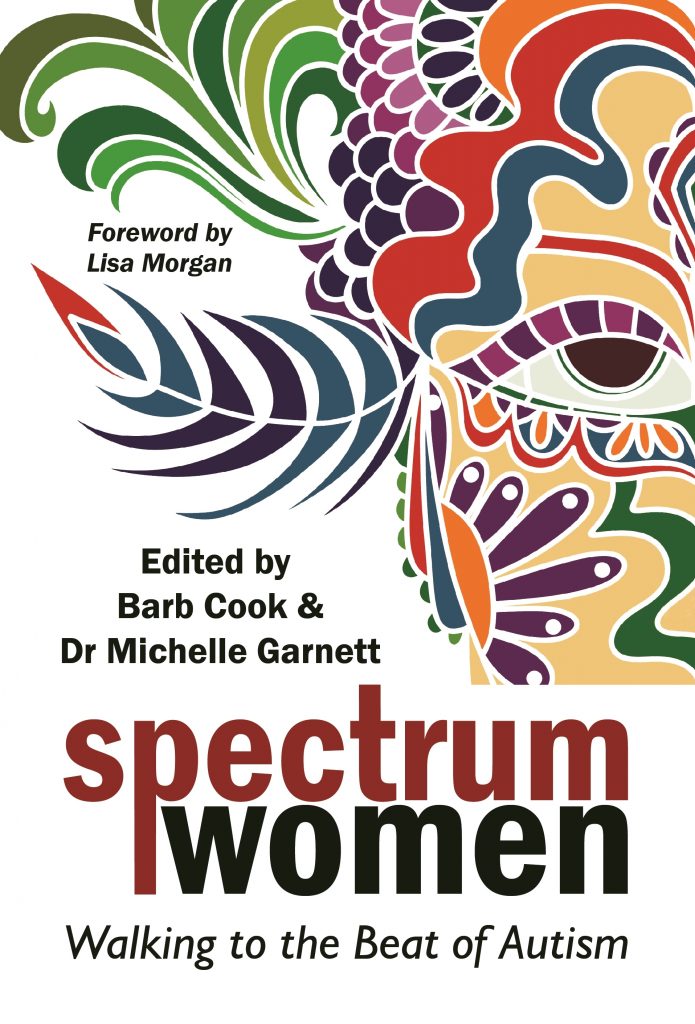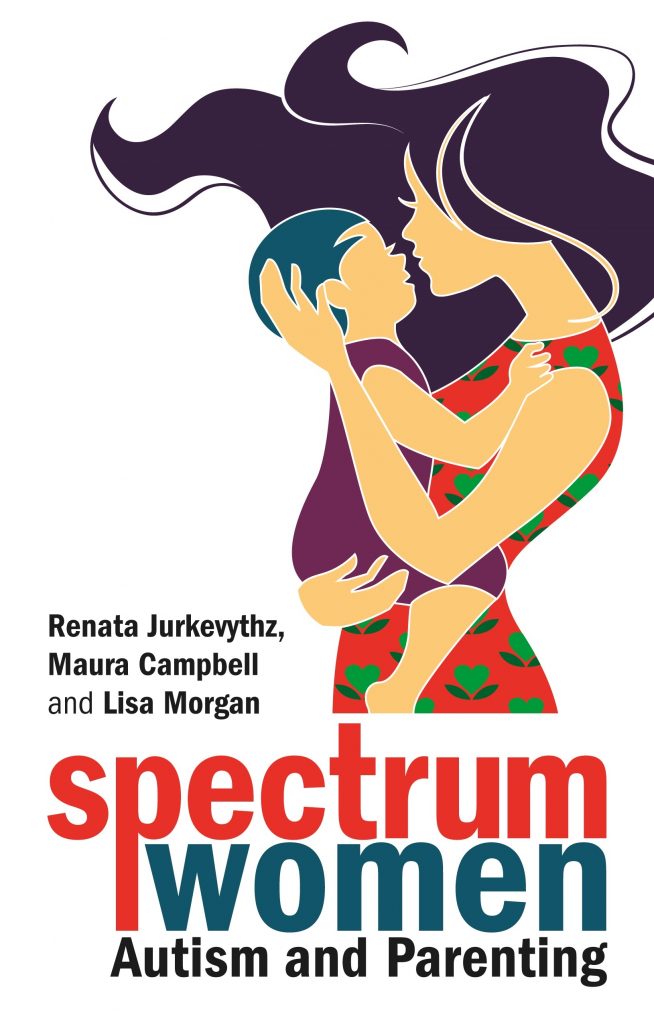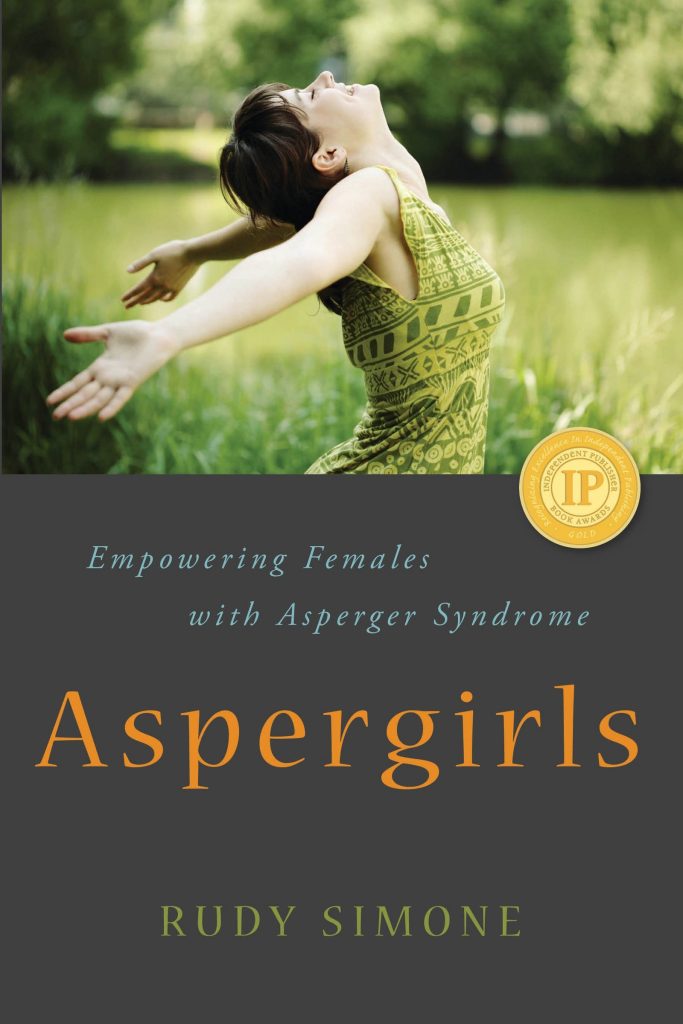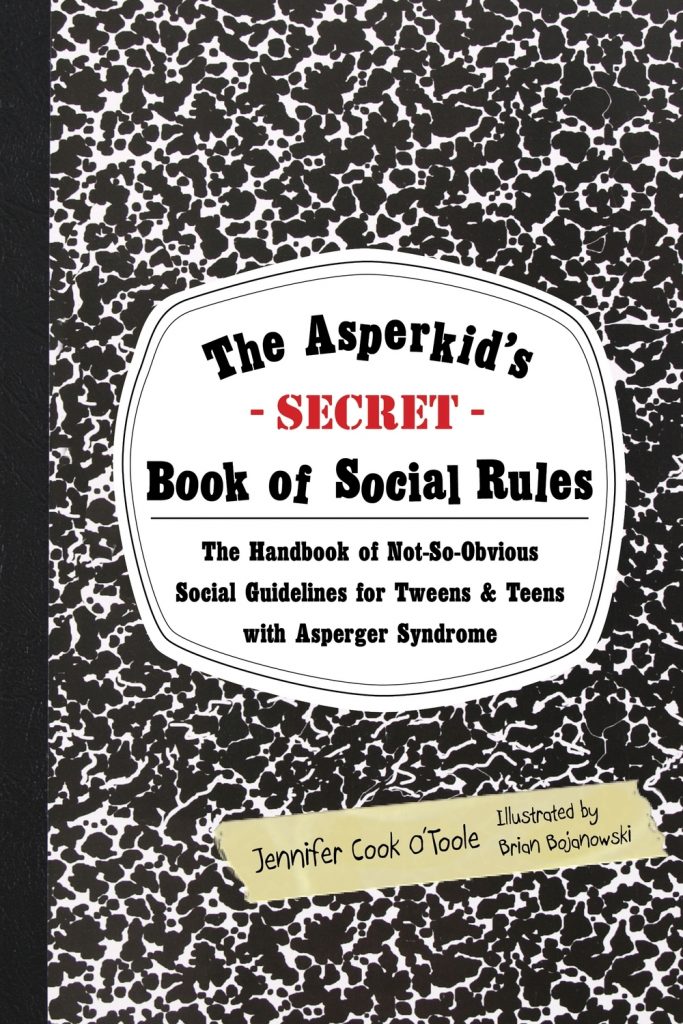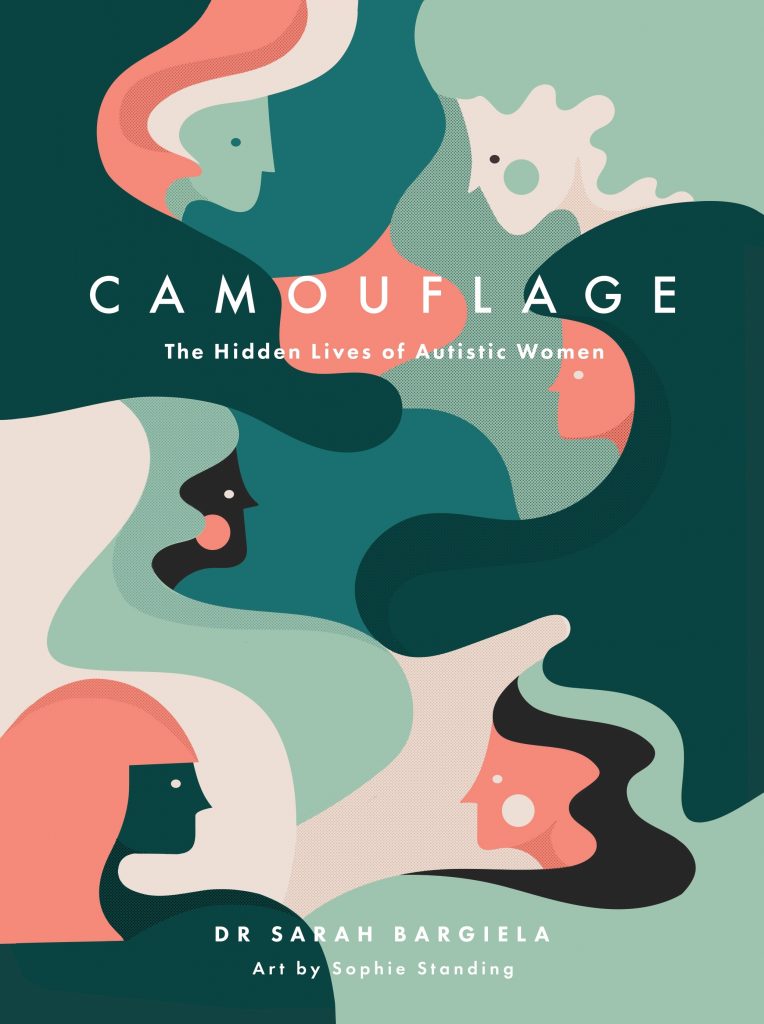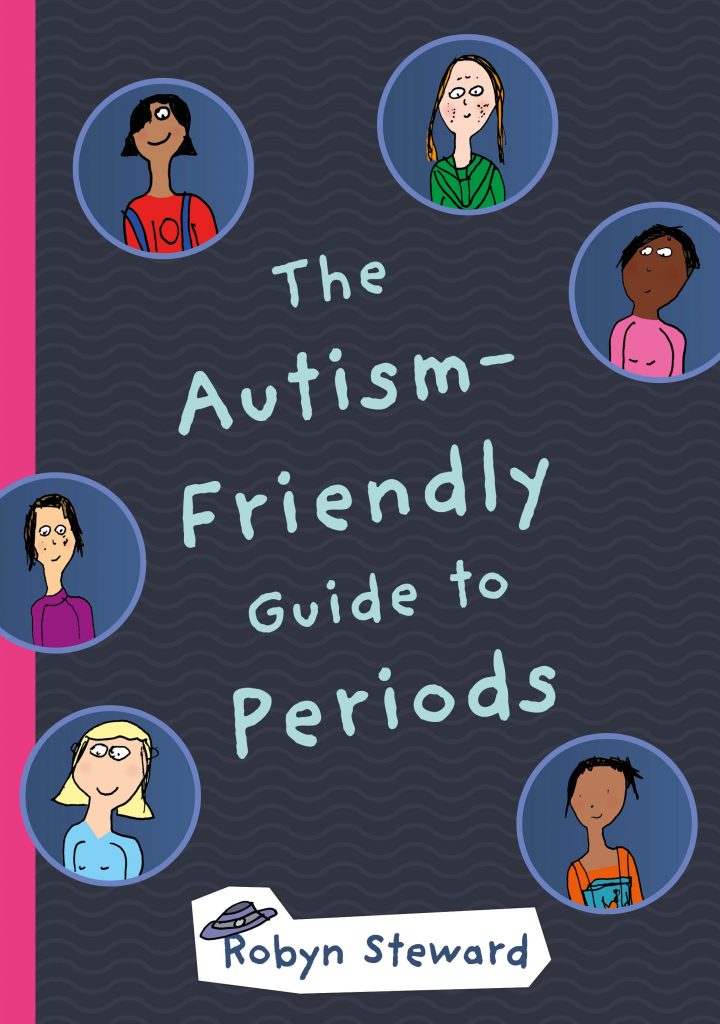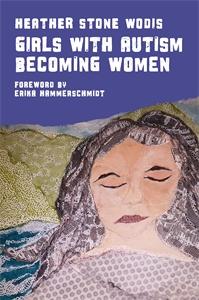Autistic women, rise up! Women’s History Month takes place every March. This year, JKP celebrated by featuring books written by and for autistic women.
The Spectrum Girl’s Survival Guide by Siena Castellon
“Never be ashamed of being different: it is this difference that makes you extraordinary and unique.”
This essential go-to guide gives advice and tools to help you flourish and achieve what you want in life. From the answers to everyday questions such as ‘Am I using appropriate body language?’ and ‘Did I say the wrong thing?’, to discussing the importance of understanding your emotions, looking after your physical and mental health and coping with anxiety and sensory overloads, award-winning neurodiversity campaigner Siena Castellon uses her own experiences to provide you with the skills to overcome any challenge.
This book includes practical tips on friendships, dating, body image, consent, and how to survive school and bullying.The Spectrum Girl’s Survival Guide gives you the power to embrace who you are.
Spectrum Women edited by Barb Cook and Dr. Michelle Garnett
Barb Cook and 14 other autistic women describe life from a female autistic perspective. They present empowering, helpful and supportive insights from their personal experience for fellow autistic women. Michelle Garnett’s comments further validate and expand the experiences described from a clinician’s perspective, and provide extensive recommendations.
Autistic advocates offer personal guidance on issues that affect women, as well as those that are more general to autism. Contributors cover issues including growing up, identity, diversity, parenting, independence and self-care amongst many others. With great contributions from exceptional women, this well-rounded collection of knowledge provides sage advice for any autistic woman.
Spectrum Women: Autism and Parenting by Renata Jurkevythz, Maura Campbell, and Lisa Morgan
This book looks at what it feels like to be an autistic parent. It offers valuable insights, knowledge and wisdom on parenting autistic and non-autistic children. Three mothers reflect on their experiences of growing up as undiagnosed autistics, venturing into and embracing motherhood, and connecting with their children in a unique and powerful way.
They offer advice on overcoming the challenges of parenting when you are autistic, such as socialising with other parents or sensory issues that come with excessive touch. Reflecting on their own experiences, they also emphasize the positives of being an autistic parent to an autistic child. For instance, understanding why their child struggles or the open-mindedness that can come from not being constrained by societal norms. They also explain how out-of-the-box thinking leads to creative parenting of non-autistic children, forming strong and loving bonds.
Full of wit and warm advice, this book empowers autistic parents and shows autism as a strength in raising children. It also gives non-autistic parents and professionals a fresh perspective on helping autistic children to thrive.
Aspergirls by Rudy Simone
Autistic girls are less frequently diagnosed than boys. Even once symptoms have been recognised, help is often not readily available. The image of coping well can often mask difficulties, deficits, challenges, and loneliness.
This is a must-have handbook written by an Aspergirl for Aspergirls, young and old. Rudy Simone guides you through every aspect of both personal and professional life, from early recollections of blame, guilt, and savant skills, to friendships, romance and marriage. Employment, career, rituals and routines are also covered, along with depression, meltdowns and being misunderstood. It includes the reflections of over thirty-five women diagnosed as on the spectrum, as well as some partners and parents. Rudy further identifies recurring struggles and areas where Aspergirls need validation, information and advice. As they recount their stories, anecdotes, and wisdom, she highlights how differences between males and females on the spectrum are mostly a matter of perception, rejecting negative views of Aspergirls and empowering them to lead happy and fulfilled lives.
This book is essential reading for all autistic women and those who think they might be on the spectrum.
The Asperkid’s (Secret) Guide to Social Rules by Jennifer Cook
Being a teen or tween isn’t easy for anyone but it can be especially tough for Asperkids. Jennifer O’Toole knows; she was one! This book is a secret guide to hidden social rules that often seem strange and confusing to young autistic people.
The Asperkid’s (Secret) Book of Social Rules offers witty and wise insights into baffling social codes such as making and keeping friends, blending in versus standing out from the crowd, and common conversation pitfalls. Chock full of illustrations, logical explanations, and comic strip practice sessions, this is the handbook that every adult Aspie wishes they’d had growing up.
Ideal for all 10-17 year olds with autism, this book provides inside information on over thirty social rules in bite-sized chunks that older children will enjoy, understand, and most importantly use daily to navigate the mysterious world around them.
Camouflage by Dr. Sarah Bargiela
Autism in women and girls is still not widely understood, and is often misrepresented or even overlooked. This graphic novel offers an engaging and accessible insight into the lives and minds of autistic women, using real-life case studies.
The illustrations lead readers on a visual journey of how women on the spectrum experience everyday life. It also includes metaphors and masking in social situations, friendships and relationships and the role of special interests.
Fun, sensitive and informative, this is a fantastic resource for anyone who wishes to understand how gender affects autism. It will help create safer supportive and more accessible environments for women on the spectrum.
The Autism-Friendly Guide to Periods by Robyn Steward
Written by autistic author Robyn Steward comes a detailed guide for young people on the basics of menstruation. Created in consultation with young people, an online survey, and a group of medical professionals, this is a book that teaches all people about periods, which can be a scary and overwhelming issue.
Promoting the fact that everyone either has periods or knows someone who does, the book reduces the anxiety girls face in asking for help. It offers direct advice on what periods look and feel like and how to manage hygiene and pain. Also, it breaks up information using flaps and step-by-step photos of how to change pads and tampons. It further discusses alternatives to tampons and pads, and gives information about possible sensory issues for people with autism.
Girls with Autism Becoming Women by Heather Stone Wodis
This insightful book investigates the experiences of seven women with autism as they transition from childhood to adulthood, and how they make sense of that journey.
Taken from the autobiographies of women including Liane Holliday-Willey and Temple Grandin, these accounts shine a light on issues unique to women with autism. Heather Stone Wodis provides a detailed and thoughtful exploration of their common experiences, and each story offers a new perspective that illuminates the diagnosis from a different angle. This is a fascinating look at how generational differences, such as access to the internet, can provide more avenues toward self-expression, political mobilization, and advocacy. It also explores the idea that, no matter the era, the unyielding support of family and a diagnosis in childhood can help girls with autism transition toward adulthood.
Check out JKP’s full collection for Women and Girls on the Autism Spectrum here: https://intl.jkp.com/usa/girls-with-autism-becoming-women-1.html
